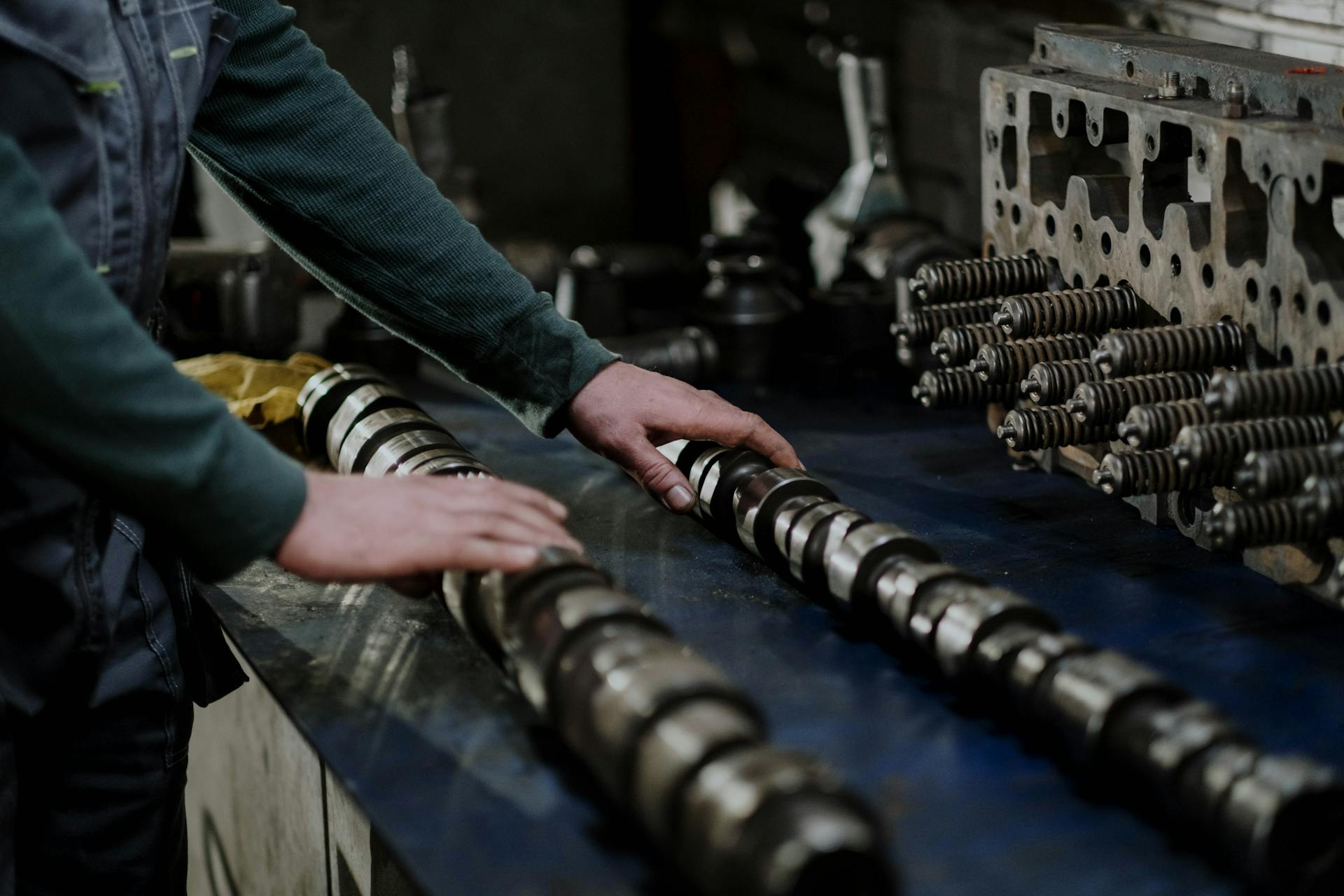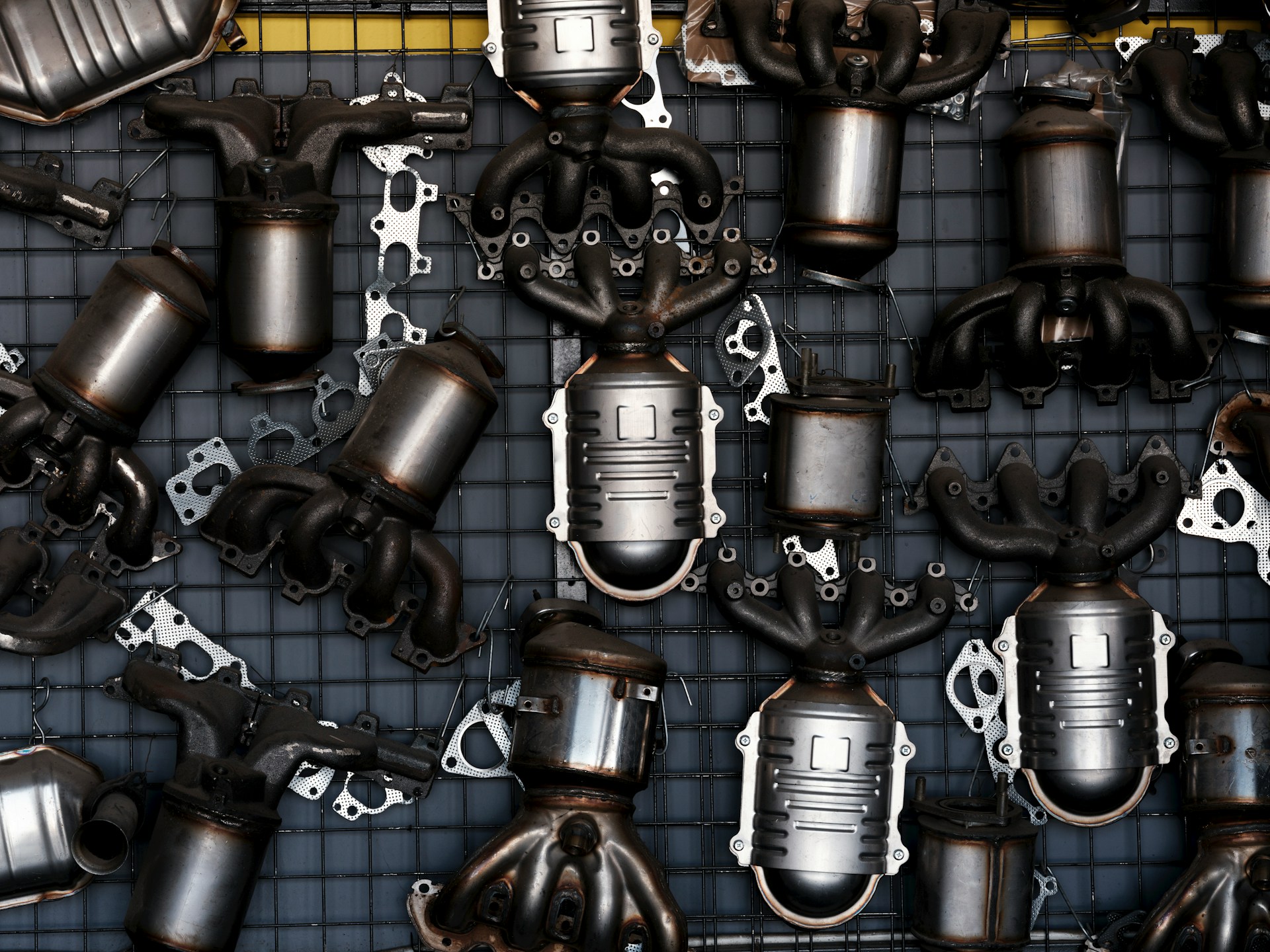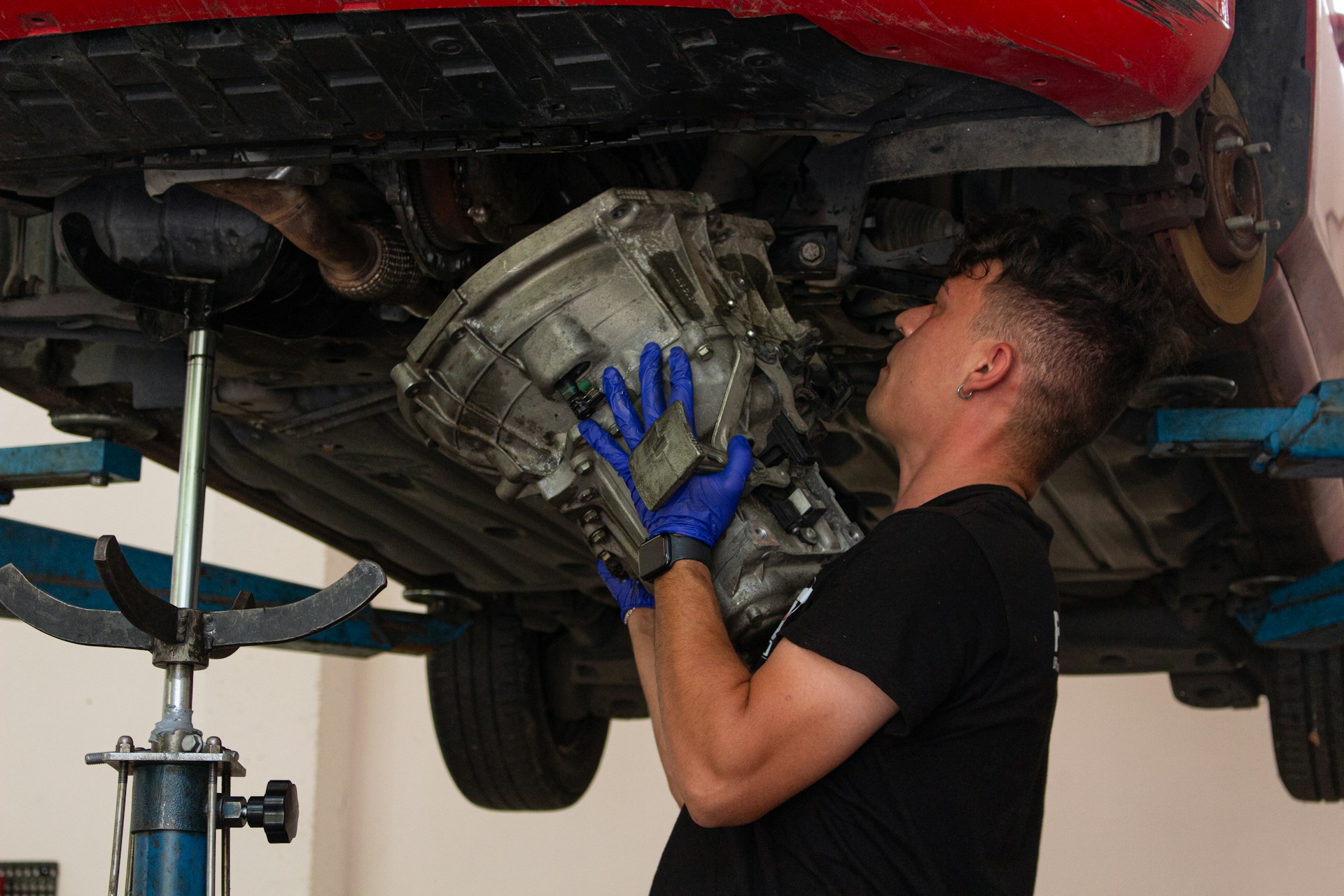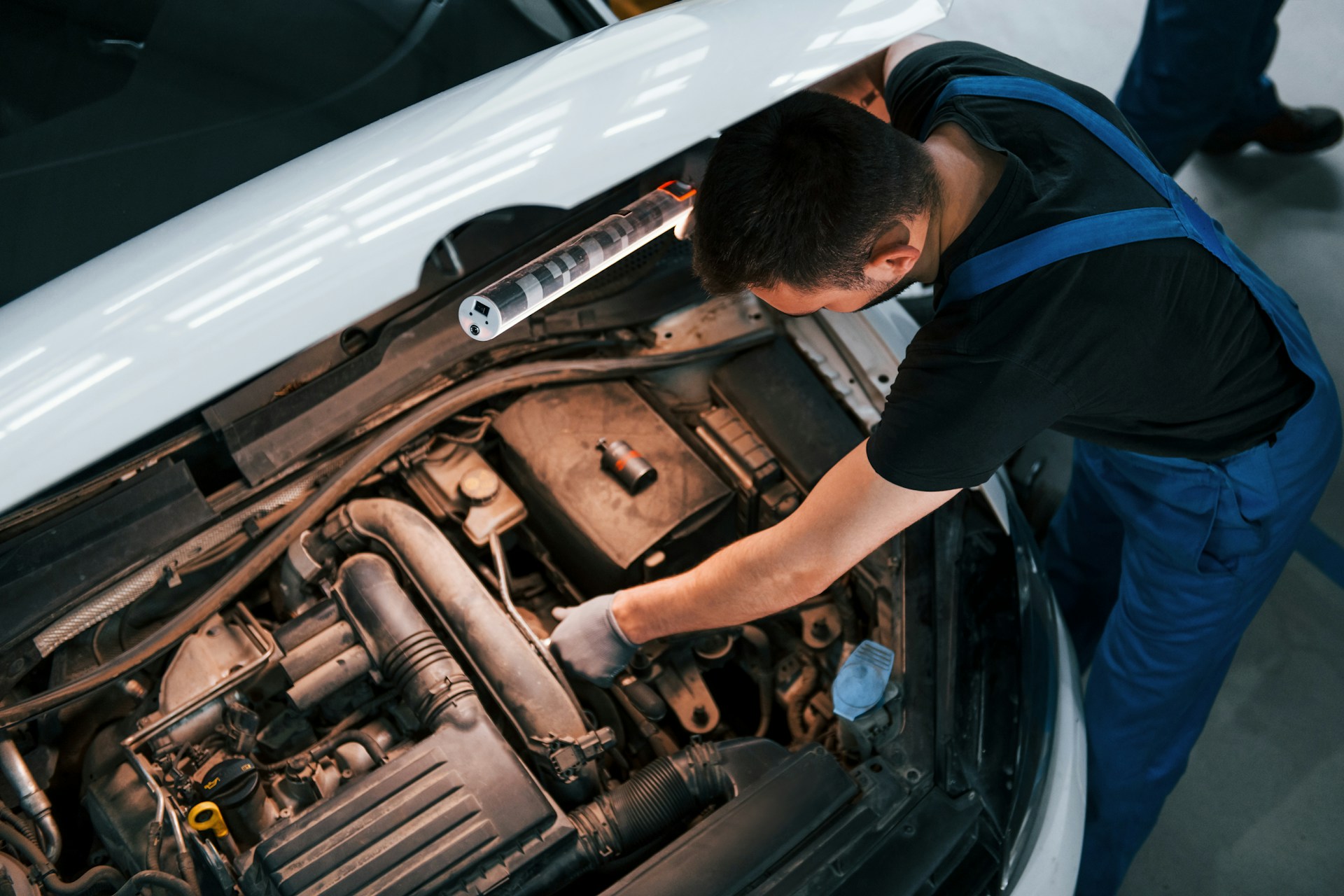
Diesel transmissions are known for their robust performance and durability in passenger vehicles. If you’re driving a diesel car, truck, or SUV, you’ve probably noticed its enduring power and efficiency. These transmissions often command respect for handling heavy loads and long distances with minimal issues.
But what truly sets diesel transmissions apart? Diesel systems rely on precise engineering and high-quality materials that handle stresses gracefully. The rigorous craftsmanship ensures that each part works in harmony, giving drivers peace of mind as they travel.
For many, the debate is whether diesel transmissions really outshine their gasoline counterparts in terms of reliability. By understanding what makes them tick, you can appreciate why they might just be the more dependable option for your vehicle.
Diesel transmissions play a crucial role in how passenger vehicles operate. A diesel engine generates power through the combustion of diesel fuel. The transmission is responsible for transferring this power efficiently to the vehicle’s wheels, allowing for various speeds and loads. This setup involves a network of gears and shafts that work in tandem to manage engine power.
When comparing diesel transmissions to those found in gasoline vehicles, there are a few key differences. Diesel engines typically produce more torque at lower RPMs, which means the transmission must handle significant stress without frequent shifts. This results in fewer but more robust gear changes compared to gasoline vehicles. As a result, diesel transmissions are built to be tougher, emphasizing durability and endurance.
Several components contribute to the reliability of diesel transmissions:
Understanding these elements explains why diesel transmissions often appear more reliable. They are specifically designed to handle the demands of diesel engines, providing enhanced strength and longevity in everyday driving conditions.
The reliability of diesel transmissions often starts with the materials and build quality. To handle the pressures of driving, manufacturers use high-grade metals and engineered components. This choice of materials ensures the transmission can withstand intense heat and friction without deteriorating rapidly.
Moreover, specific design features are incorporated to enhance the durability and lifespan of diesel transmissions. These features include:
Reinforced Housing: Offers protection against impacts and environmental factors.
Advanced Lubrication Systems: Ensure that all moving parts receive the necessary lubrication to reduce friction and prevent breakdowns.
Precision Engineering: Guarantees that all components fit and function perfectly, reducing the likelihood of part failure.
Regular maintenance plays a pivotal role in the reliability of diesel transmissions as well. Routine checks and servicing help catch potential issues like leaks and worn-out parts before they lead to significant problems. It also involves timely replacement of transmission fluid, which is crucial for keeping the system cool and lubricated.
By maintaining a regular service schedule, drivers can ensure their diesel transmission remains reliable over the long haul. Whether it’s a simple fluid check or more detailed inspection, these steps are vital for smooth and trouble-free driving.
These foundational aspects of diesel transmissions reinforce why they are often viewed as more reliable, making them a preferred choice for vehicles that require consistent and dependable performance.
Diesel transmissions truly shine when put to the test in real-world conditions. They’re known for their ability to handle tough situations, whether it’s driving long distances or dealing with heavy loads. Diesel engines, with their high torque output, support these demands by delivering consistent power, even at lower RPMs. This feature allows them to perform efficiently without straining the transmission excessively.
Several factors test the durability of diesel transmissions in everyday use:
Owners of diesel vehicles frequently share stories about how their transmissions have lasted longer and required fewer repairs compared to those in gasoline vehicles. These anecdotes highlight the practicality and robustness that diesel transmissions offer, reinforcing their reputation as a reliable choice for anyone needing dependable performance under various conditions.
Despite their robust nature, diesel transmissions can face certain issues over time. Common problems include fluid leaks, clutch wear, and delayed gear engagement. These issues often stem from regular wear and tear, especially when the vehicle is used for towing or off-road driving.
Managing these issues effectively is crucial to maintaining transmission reliability. Here are some tips:
Additionally, having access to reliable resources and support can make a big difference. Finding a trustworthy mechanic and staying informed about DIY fixes can help address minor problems before they escalate. This proactive approach helps keep your diesel transmission in top shape, extending its lifespan and performance.
Exploring the reliability of diesel transmissions reveals why they’re a popular choice for many drivers today. With their strong build, efficient design, and ability to handle demanding conditions, they often outperform their gasoline counterparts in terms of longevity and robustness. Regular maintenance and attention to potential issues are key to keeping them in optimal condition.
If you’re considering parts or advice for your diesel vehicle, Airline Auto Parts is committed to providing quality options with superior customer service. Our extensive inventory ensures you find the right components to keep your diesel transmission dependable on any journey.

February 8, 2026 What To Ask Used Car Parts Dealers Befor...

How Used Vehicle Spare Parts Help With C...

February 1, 2026 Where To Start With Used Parts In Housto...

What To Expect From Car Parts In Houston...

January 25, 2026 Why Used Auto Parts Matter More During W...

Hidden Risks Of Salvage Car Parts In Hou...

January 18, 2026 The Right Time To Buy Used Parts In Hous...

January 11, 2026 Everything To Know About Used Diesel Eng...

Common Warnings Before Buying Second Han...

January 4, 2026 What Happens When A Used Automatic Trans...
Leave a Reply
You must be logged in to post a comment.